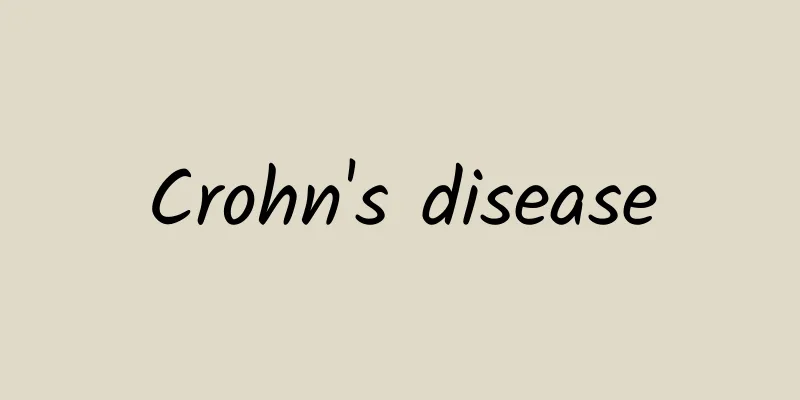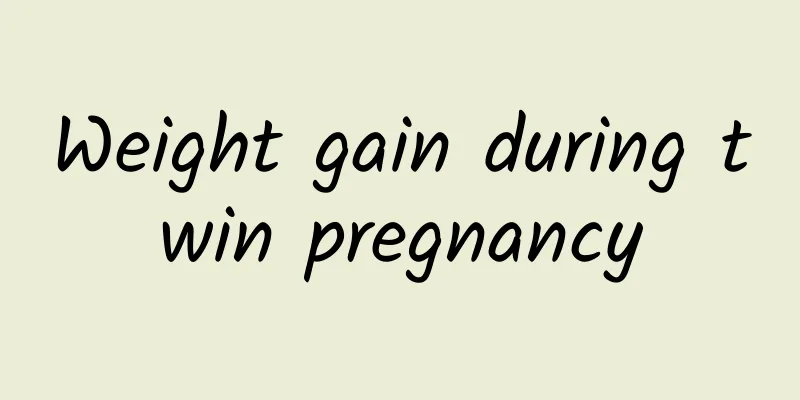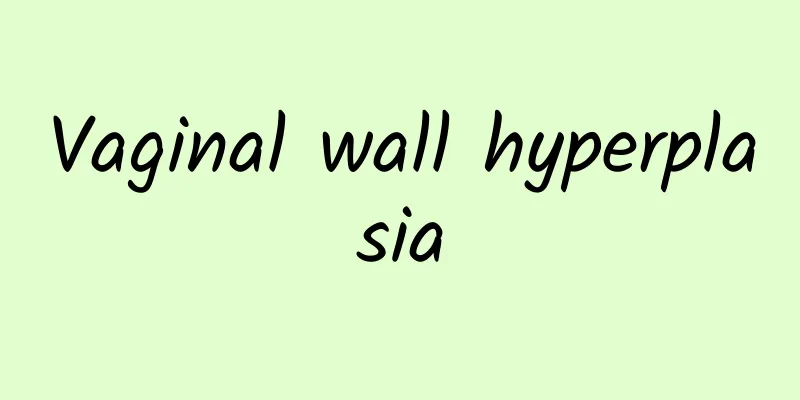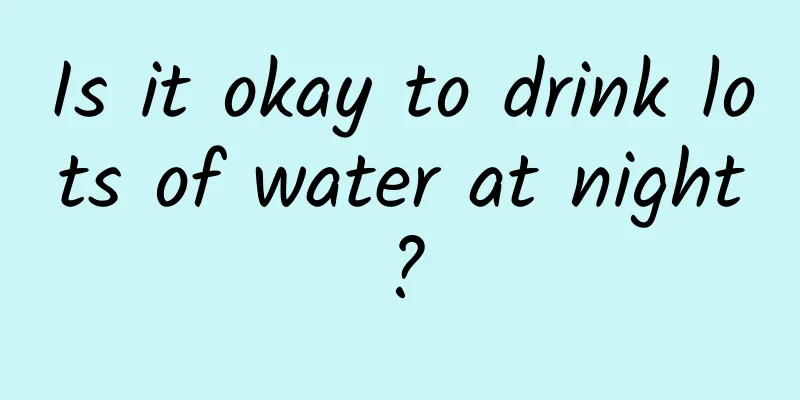Post-teeth cleaning sequelae

|
As people's pursuit of beauty becomes higher and higher, having a set of white and beautiful teeth has become the pursuit of everyone, so more and more people go for teeth cleaning, and after the operation, they have an ideal set of teeth. However, we should also pay attention to the side effects of teeth cleaning. Some people who have had teeth cleaning said that after cleaning, they found that they could not eat cold, hot, sour and other foods, and were particularly sensitive to these; others were prone to bleeding. These are what people who clean teeth need to know. In fact, the working head of the ultrasonic cleaner used for teeth cleaning does not have any cutting function itself. It relies on the high-frequency vibration of ultrasound to break up tartar. The doctor has to move the working head constantly during the operation, and there is no pressure. It just lightly touches the tartar, which will not damage the teeth. However, if the operation is improper, such as applying pressure or staying on the tooth surface for too long, tiny scratches will be left on the tooth surface. Generally, fine rough surfaces can be seen under a microscope. Such scratches can be compensated by polishing. Some people feel toothache during teeth cleaning, which is mainly caused by exposed tooth roots, which is a typical manifestation of periodontal disease. The roots of teeth are sensitive to stimuli such as cold, heat, sourness, and sweetness. Therefore, the more severe the periodontal inflammation, the more obvious the root exposure may be, and the more obvious the pain during treatment will be. If your teeth are sensitive after teeth cleaning, temporarily avoid eating too cold or too hot food. Some patients will experience tooth sensitivity after teeth cleaning. This is mainly because before cleaning, the exposed tooth roots are surrounded by tartar, which blocks the cold and hot stimulation. To reduce pain, avoid contact with too cold or too hot food in a short period of time after cleaning. This will allow the teeth to adapt and the symptoms will be relieved. Bleeding during teeth cleaning is due to irritation caused by plaque and tartar. Many people experience bleeding during teeth cleaning. This is because plaque, tartar, etc. stimulate the gums to cause inflammation. The more severe the inflammation, the more obvious the bleeding gums. If your teeth bleed when you brush them, it means your gums are seriously inflamed. Only completely healthy gums will not bleed during cleaning. Therefore, after teeth cleaning, you should insist on brushing your teeth carefully to remove irritants such as dental plaque, which can reduce bleeding gums. Many people are also troubled by the problem of wider gaps between teeth after cleaning. In fact, this is the "reward" for poor oral hygiene habits over the years. The normal gaps between teeth are filled by gingival papillae, but due to the long-term accumulation of tartar, the gums shrink, the tooth roots are exposed, and the gaps between teeth are gradually covered by tartar. After cleaning, the gaps between teeth appear larger. Once there is a gap between teeth, cleaning is more difficult, but also more important, otherwise plaque and tartar are easily attached, which will further expand the gap between teeth. |
<<: Sequelae of cerebral hemorrhage in infants
>>: Chinese patent medicine for relaxing muscles and activating collaterals
Recommend
The efficacy and function of peony flowers
The name peony is very nice. Many people have see...
How to wash your hair when you have severe hair loss caused by kidney deficiency?
We all know that hair is the essence of the kidne...
What to do if your waist hurts while dancing
If you dance frequently without paying attention ...
What is the reason for being born with dark skin?
Being born with dark skin is related to genetics....
Dosage of Phellodendron
The medicinal material Huangbo can clear away hea...
The efficacy and function of Trichosanthes kirilowii
Trichosanthes is a common Chinese medicinal mater...
Newborn baby has a hair in his eye
There may be fetal hair in the eyes of newborn ba...
Is it okay to extract a tooth without a filling?
Whether to fill a tooth after extraction depends ...
What is the drug of choice for unstable angina?
Unstable angina is a disease that is very harmful...
What fruits can I eat if my sugar level is high? Low-sugar fruits are the first choice
If expectant mothers find that the test results a...
Side effects of drinking boiled water from Bidens pilosa
Bidens pilosa is a Chinese herbal medicine with e...
Female menopausal syndrome
Menopause is a stage that every woman must go thr...
Will you poop during a normal birth?
Pregnant women may encounter various situations d...
How to eat saffron and how much to use
There are many places of origin of rose tea. Alth...
Can I eat beef during early pregnancy?
We know that the early stages of pregnancy are mo...









